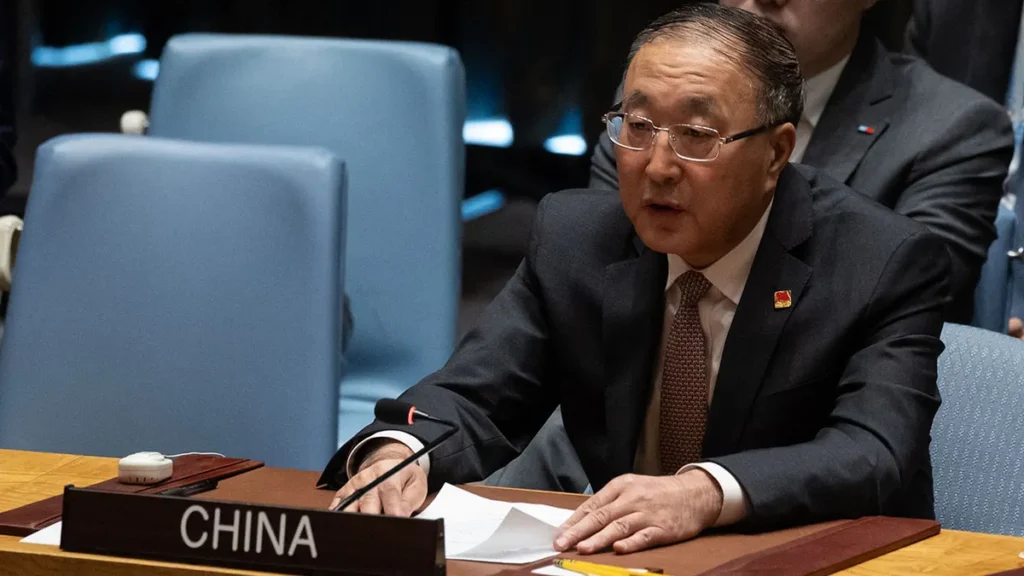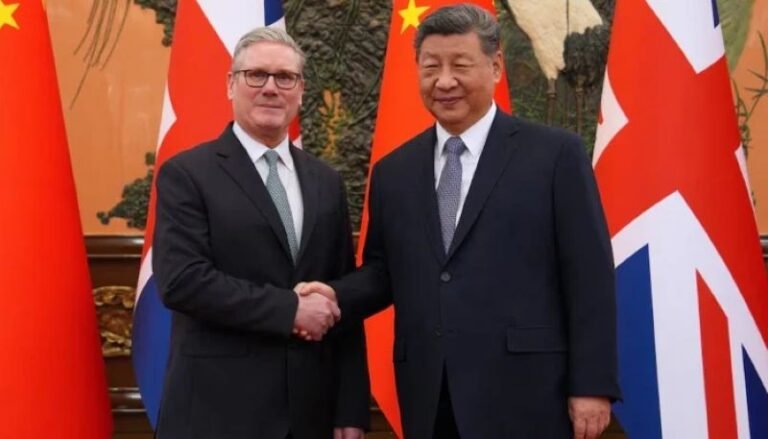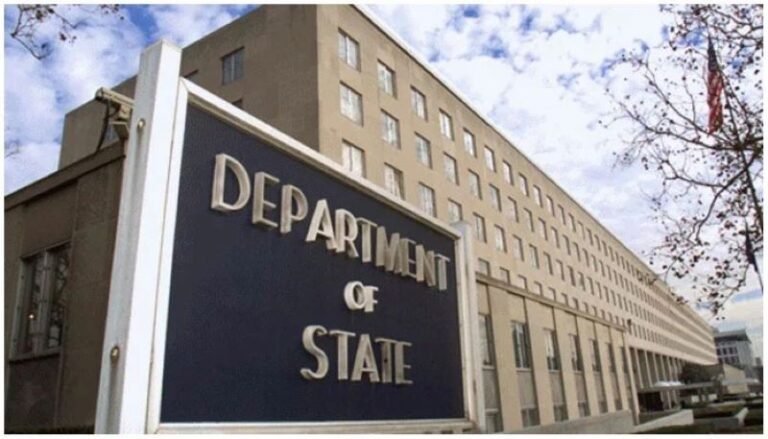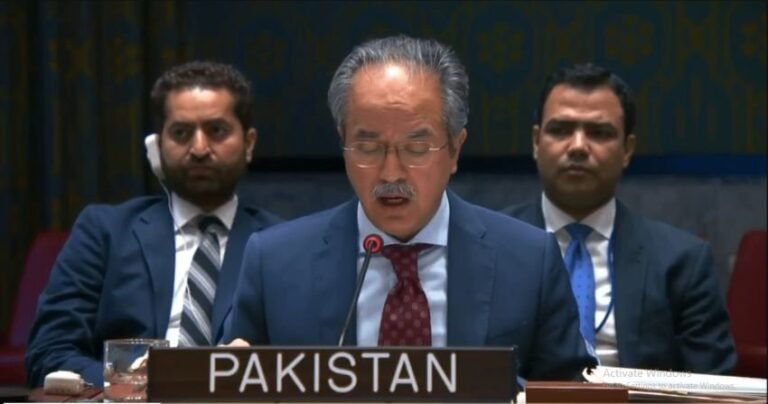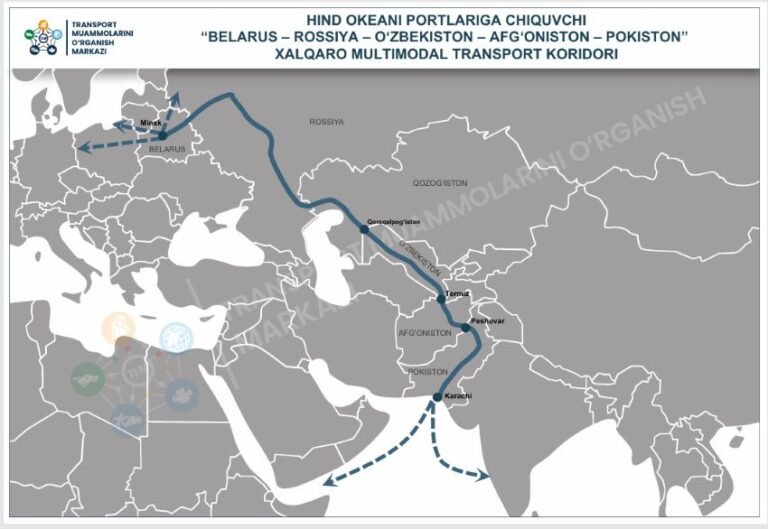Beijing, 15 February 2024, (TDI): On 15 February 2024, Chinese Ambassador Zhang Jun delivered a speech at the Security Council’s public meeting on Yemen, urging action on the Yemen crisis.
He expressed concerns about the worsening circumstances in the Red Sea. His statement focused on the military operations against Yemen and their effects on political and security issues. This reflects China’s strategic goal of preserving peace and stability along vital maritime routes.
According to Zhang Jun, China has called for a ceasefire to take calculated steps and stop the Yemen crisis. Zhang states that China has also emphasized compliance with Security Council resolutions and international law.
China presents itself as an international community member, supporting peaceful conflict resolution and adhering to international rules.
He also says that China highlights the significance of Security Council decisions, thereby reiterating its support for multilateralism and the United Nations’s role in resolving international disputes.
环顾全球,我们正身处一个变乱交织的世界,人类社会面临前所未有的风险挑战。建设一个更加安全的世界,是国际社会的强烈愿望,是世界各国的共同责任,更是时代前进发展的正确方向。 https://t.co/bIn3PPFuQP
— Zhang Jun (@ChinaAmbUN) February 13, 2024
Support for Yemen’s Humanitarian Plight
Zhang Jun emphasizes Yemen’s humanitarian plight and calls for more international aid to be provided, illustrating China’s strategic goal of fostering growth and stability in war-torn areas and showing its commitment to humanitarian efforts.
Highlighting the broader regional impact of the Yemeni war, the statement calls for a truce in Gaza to prevent further escalation.
Reflecting China’s strategic interest in preserving Middle Eastern peace and stability, this underscores the interconnectedness of security concerns. It also demonstrates China’s commitment to fostering regional peace and stability.
Additionally, Zhang states that China supports the ideals of territorial integrity and peaceful conflict resolution. It does that by joining international efforts to settle the Israeli-Palestinian issue and advocating for a truce in Gaza.
Overall, Zhang presents China’s strategic stance on the Yemeni crisis and its wider regional consequences. It emphasizes the significance of diplomatic endeavors, compliance with international law, humanitarian aid, and regional stability.

